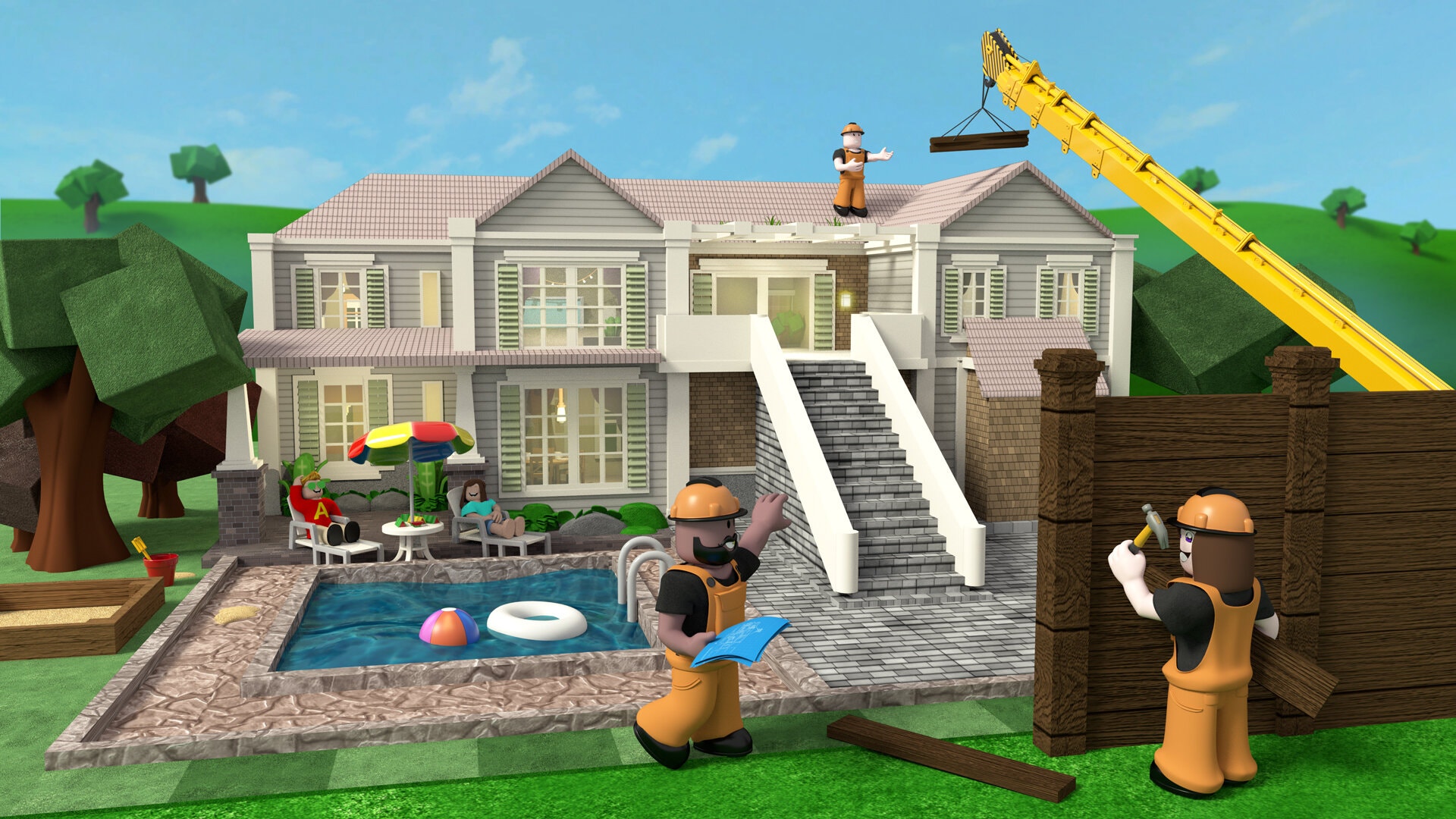

By Jacob Vito
As a young kid in the late 2000s and early 2010s, few things piqued my excitement. My friends and I would flock to computer games like Roblox to connect online. But now, it seems like the afternoon time-waster of my youth has grown up quite a bit.
Roblox Corp went public on the New York Stock Exchange this week. According to CNN, the company’s main product, the online game space “Roblox,” has helped the company open at $45 billion dollars this Wednesday.
Roblox, as a game, comes in a long line of similarly popular video game makers entering the more accepted halls of the business sphere. Microsoft has acquired titles like Minecraft and Skyrim, the ever-popular League of Legends is owned by the Chinese tech giant Tencent and now Roblox has become publicly tradable. It seems video games have finally gone corporate.
What’s more, the quarantines imposed throughout the United States have only pushed video game popularity higher. A MarketWatch report highlights that the global video game industry has now surpassed the film and American sports industries in revenue. In both their business systems and popularity, the video game market has never been more mainstream.
And this rise in video game usage from the pandemic has been monumental to the value of the now-public Roblox Corp. According to the New York Times, the company was only valued at $4 billion in 2019 but has seen meteoric growth from increased time spent in these games and their worlds.
Now, a multifaceted game like Roblox is a lot of different things to different people. The platform itself allows for a great level of customization in its building and design, so some may use Roblox as a shooting game, some a role-playing game and others still as a business simulator.
But regardless of its purpose, there is a common factor among those who play it and other explosively popular video games such as Fortnite: they’re kids. About 3 out of 4 American kids have used Roblox, with active player numbers spiking this year to as high as 164 million users.
And to these kids, Roblox has a particular draw: it’s free to download. Unlike competitors like Minecraft, Roblox has zero cost associated upfront. It also has the benefit of being run on almost every computer, making the game unbelievably accessible.
This kind of free-to-play model has actually worked well for several high-profile video games, including newer iterations of the Call of Duty franchise and the popular title Fortnite. And though the game itself may be free, there is still much revenue to be made, with Fortnite’s parent company Epic Games reaping $400 million in April 2020 alone off of the game.
Such high stock values and profits raise the question: How does a free game make money? Overwhelmingly, the answer is cosmetic items: outfits, color schemes or skins that alter that avatar or items that a player uses. Most free-to-play titles will sell these cosmetics, either directly or through indirect, lottery-based means.
However, this mode of engagement is far from docile. Whether it’s through coercive pop-ups, obfuscations of item values through inconsistent currencies or the use of gambling systems in items known as “loot boxes,” many of the tactics employed by these free-to-play games have faced scrutiny for being manipulative and predatory. And though it would be one thing if it were normal people being swindled here, it’s important to remember something: These games are built for kids.
The designs of these games are colorful, simple and easy to understand. They use fun, child-engaging layouts with textures similar to what a pre-teen might see in the cartoons they watch. And what’s more, they’re often put on merchandise and accessories targeted at younger demographics. These are games that are quite literally using tactics developed in casinos to trick children into taking their parents’ credit cards and buying the weapon design they just got killed by in-game.
When such moves are aimed at minors, to say these games are manipulative is an understatement. Though they may advertise themselves as “free-to-play,” these games’ goal seems to be taking money from an audience they know has large numbers of kids. So, as these companies go public for billions, as they see record profits during the pandemic, it may be time to ask:
If casinos aren’t allowed to take advantage of children, then why should a game developer be?

Jacob Vito is a first-year Community and Regional Development major at UC Davis. He is from western Pennsylvania.
Support our work – to become a sustaining at $5 – $10- $25 per month hit the link:

Like anything a child might want whether it be a toy, clothing, sports gear etc…
I’m sure those kids have to get their parent’s permission in order to use their credit cards.